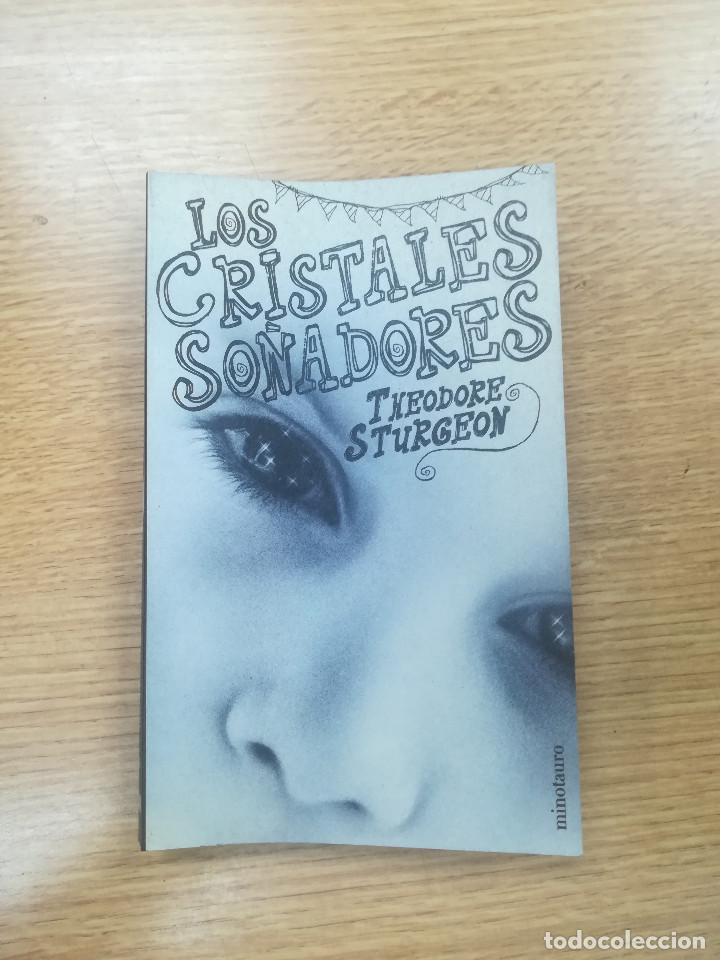



Horty lives in a house with his adoptive parents, a scummy couple prone to abuse. Nowadays it would get him quite a few votes on a YouTube channel, but back in the day that sort of thing was not looked upon with such wonder and amusement. The book starts out as eight year-old Horty Bluett is caught doing something….unusual. His forte was in creating complex and believable characters and working in a lot of humanistic elements into his stories. Theodore Sturgeon was not a “hard” science-fiction writer. As it turns out, there is a little independent used bookstore in Rockport, Texas* where we like to vacation, and this 1977 Dell reprint just happened to jump off of the shelf for me. Somewhere along the way it got lost or sold or discarded but I have always kept an eye out for another copy so I could enjoy the story once again. I went off to college and left that book behind. That particular printing was under an alternate title, “The Synthetic Man,” and I have fond memories of reading that slim volume in a younger, simpler time for me. I remember picking up a copy of this book sometime in the mid-'80s, in a little section of paperbacks at one of the pawn shops near where I grew up in Texarkana, Texas. My room growing up was full of cheap paperbacks and sci-fi and fantasy magazines like “Analog” and “Galaxy.” My tastes have branched out over the years, but I always enjoy coming back to a good science-fiction or fantasy paperback, literary comfort food for my soul. Bradbury, Aldiss, Carter, Asimov, Moorcock, Blish….too many giants of the genre to mention wrote tales that staggered my young imagination. But it just seems like there was a certain extra gear of craftsmanship in the older novels and short stories. Oh, I like the modern stuff, too, don’t get me wrong. I’ll admit right off that one of my reading weaknesses is classic science fiction.


 0 kommentar(er)
0 kommentar(er)
